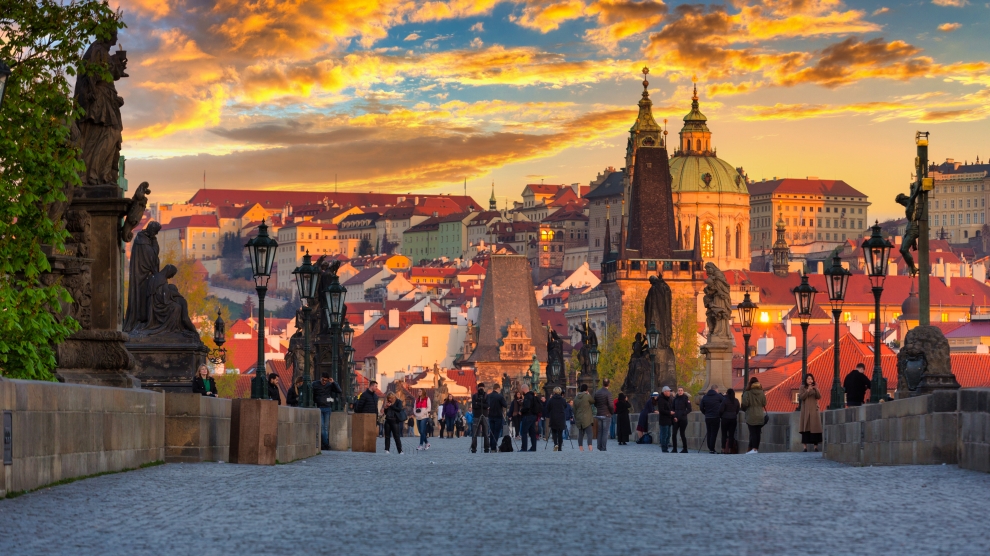Czechia’s capital Prague is using the coronavirus-induced lull in visitors to rethink its whole approach to tourism.
The city has produced a new strategy based on attracting more local and domestic Czech visitors to the capital, and making the city more appealing for residents.
“We want a different type of visitor who visits more than the most famous monuments in the city centre,” says Barbora Hrubá of Prague City Tourism.
To achieve this, Prague will run a campaign from June to September which will include discounts and free admission to monuments, galleries and museums.
Mark Baker, a travel writer based in Prague for three decades, thinks the new strategy has what it takes to help the city weather the Covid-19 disruption.
“I think it’s a great idea and a creative way of trying to make the best of the coronavirus tourism lockdown,” he tells Emerging Europe. “It can help solve two problems: to create revenue for businesses that are struggling and to make Czechs who live outside of the capital feel more welcome here.”
While Prague us enormously popular with foreign visitors – over 10 million came in 2019 – they stay for an average of just two and a half days, mostly crowded in the Old Town, which has become a problem for the locals who live there.
“The residents have been complaining for a very long time that the city doesn’t belong to them anymore,” Ms Hrubá adds.
That is why another part of the new tourism initiative is an attempt to raise further the profiles of Holešovice and Karlín – two neighbourhoods that have become increasingly trendy in recent years.
City officials are hoping that by rethinking the tourism strategy with locals paramount in their thoughts, Prague will also become more attractive for foreigners.
“When the locals are happy, visitors will be as well,” Ms Hrubá says.
And, as Mr Baker points out, there is no replacement for international tourism.
“It’s clear that local tourism will never be able fully to replace the hole created by a lack of international guests. Many tourist-facing businesses are likely to fail in the coming year — depending, of course, on how long foreign guests stay away,” he explains.
But the general picture of tourism in the city is unlikely to change. Once all travel restrictions are lifted, Prague is likely to once again be dominated by foreign tourists.
“The initiative of encouraging local tourists will have only a small effect on Prague’s international tourism profile,” Mr Baker says.
However, the Covid-19 pandemic might help to rid the city of some of its less appealing traits, liked by neither locals nor foreigners.
“In the end, this coronavirus lockdown may help the city’s tourism trade in a couple of ways: it may drive out some bad actors such as rip-off stores, souvenir shops, and bad restaurants and – in the long run – it will show the local population how important tourism is to their livelihoods,” concludes Mr Baker.
—
Unlike many news and information platforms, Emerging Europe is free to read, and always will be. There is no paywall here. We are independent, not affiliated with nor representing any political party or business organisation. We want the very best for emerging Europe, nothing more, nothing less. Your support will help us continue to spread the word about this amazing region.
You can contribute here. Thank you.









Add Comment